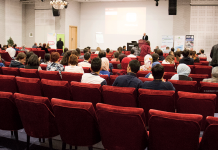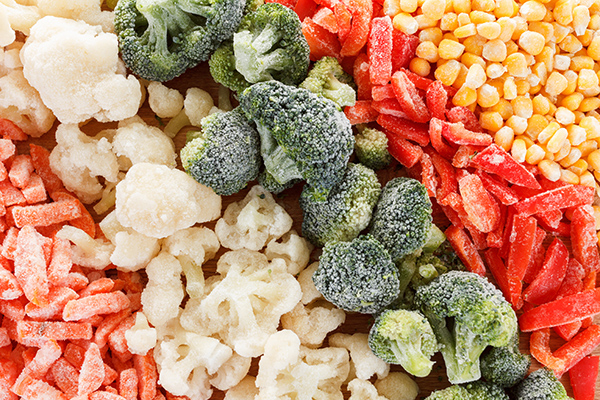
Food Preparation
Preparing food without electricity or gas is unthinkable in our industrialized countries, but it is daily routine in other parts of the world. Eating only uncooked food is not recommended for the human body, because some biomaterials are only eatable when boiled - like soy, beans, chick peas or lentils. These legumes are an important source of protein for people with limited access to animal products such as milk or meat. However, they contain lectines, which - when eaten raw - hinder the oxygen transport in the blood. In order to make these components harmless, they need to be cooked with heat.
Cooking on open fire is environmentally unfriendly, but it is inevitable as long as other means of energy are not available. In many developing countries wood is the only available source of energy for cooking. This can accelerate deforestation and be harmful to nature and people in general. Therefore, more sustainable means for cooking food are required in face of rapidly growing populations in many undeveloped regions of world.
Cooking on open fire is environmentally unfriendly, but it is inevitable as long as other means of energy are not available. In many developing countries wood is the only available source of energy for cooking. This can accelerate deforestation and be harmful to nature and people in general. Therefore, more sustainable means for cooking food are required in face of rapidly growing populations in many undeveloped regions of world.
Solar Technology: The power of the sun can be an alternative energy source in some parts of the world, but not in all of them. This fact provides particular challenges regarding the storage and transportation of solar power over large distances.
Complexity Of Modern Technology: Other than well-proven archaic techniques in a household such as wood fires and torchlights, modern appliances will not work without spare parts or knowledge of how to repair them. This can be counter-productive to their sustainable use.
Food Conservation: Food technology has developed a variety of methods for food preservation. Even if there is no opportunity for refrigeration of food in many parts of the world, maybe other techniques can be transferred to make food more durable and palatable.
Solar technology, Nutrition security, Food Safety, Food conservation, Deforestation, Food storage
Related Topics

Ageing
Ageing is a process that involves numerous irreversible changes. There are many theories trying to explain its causes (e.g. genetic predispositions...
READ MORE

Cybersecurity
The cyberspace and its infrastructure are vulnerable. The risks can be physical threats, cyber threats and hazards. Cyber criminals exploit the vul...
READ MORE
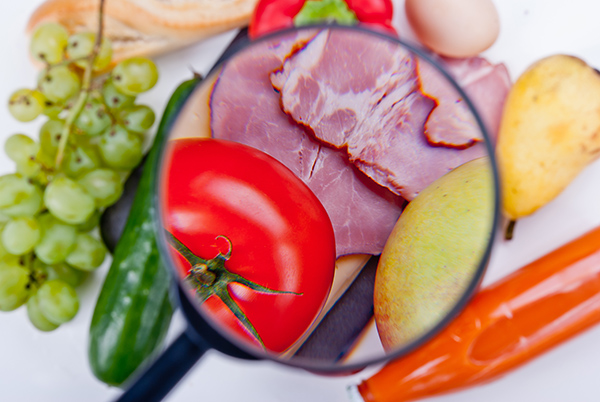
Food Chemistry
Chemistry is all around us. We breathe it, drink it, eat it, wear it, we can write with it and we can do many other things through it. Our food is ...
READ MORE
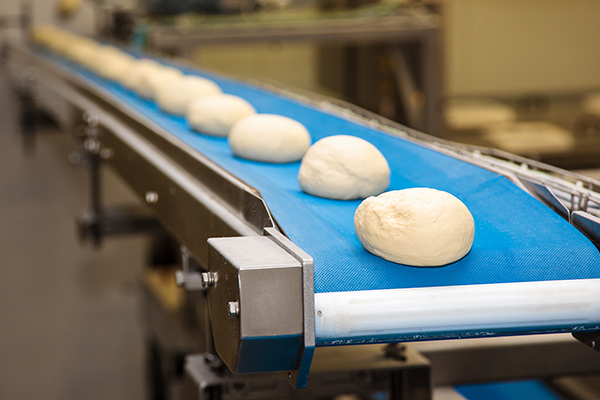
Food Production
The world population has reached 7.4 billion people and this number is increasing every second. Hence, we need to produce more food. However, it is...
READ MORE
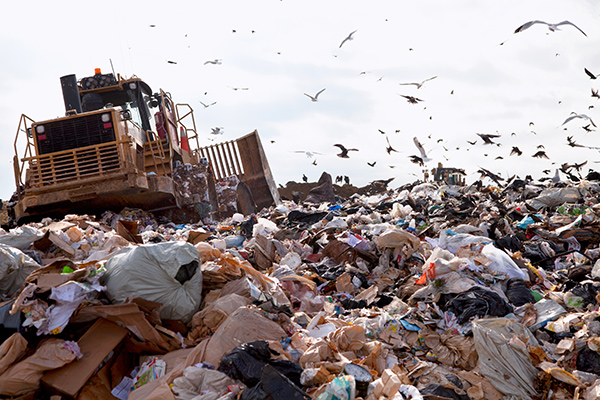
Food Recycling
In the world there are millions of people suffering from starvation and lack of food. Yet, at the same time tons of food products are wasted each d...
READ MORE
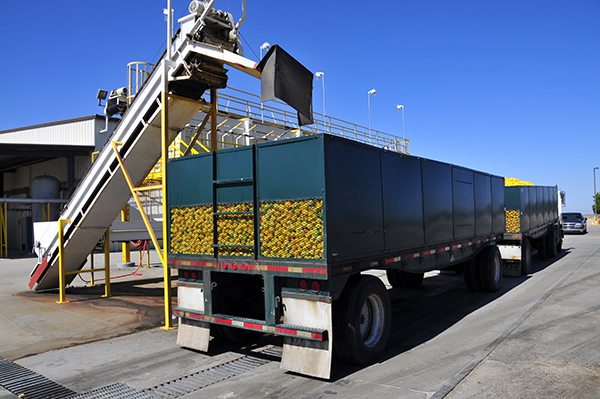
Food Transportation
Before you eat your daily snack: Do you think about where it was produced and from where the components are coming? Maybe it has travelled more kil...
READ MORE

Future Cities
We are living in the age of urbanization, where the majority of the global population lives in cities instead of rural areas. This of course create...
READ MORE

Health
As you might know from your families and friends, some people are always healthy, whereas others get sick all the time. Although our heath conditio...
READ MORE

Internet Fraud
Due to the growth of the use of the internet, also the quantity and scope of illegal activities such as identity fraud and purchase fraud has incre...
READ MORE


